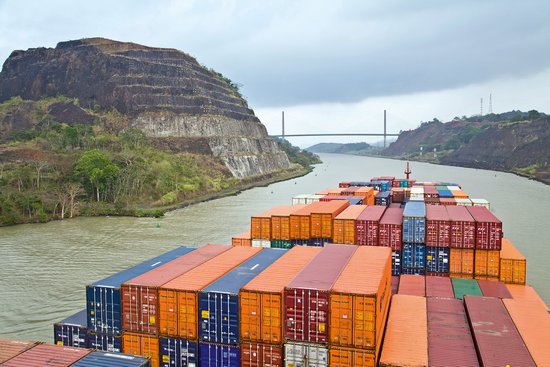The Indian government and port authorities successfully averted a strike by 20,000 workers across the country's 12 major ports through a last-minute agreement with the unions. This deal includes an 8.5% wage increase based on the base salary as of December 31, 2021, along with a 30% cost of living allowance effective from January 1, 2022. The new contract will be valid for five years, retroactively covering the period from January 2022 to December 2026. The strike, initially scheduled for August 28, 2024, was called by the unions following the collapse of protracted negotiations, which had spanned over three years, to renew the contract that expired at the end of 2021. Exporters and logistics operators have expressed relief at the resolution of the dispute, which has avoided further complications during an already critical time for global supply chains.
In contrast, the labor dispute in the United States between the International Longshoremen's Association (ILA), representing approximately 45,000 port workers, and the United States Maritime Alliance (USMX), the employers' association, remains at a standstill. The contract for port workers on the East Coast and Gulf Coast is set to expire on October 1, 2024, raising the prospect of strikes in the coming autumn. The union accuses certain ports of implementing automation in some operations without consultation, thereby violating the contract. Additionally, the ILA is demanding a significantly higher wage increase than the 32% over six years secured by West Coast port workers in 2023.
On September 4 and 5, the union will review its demands and mobilization strategies, having already issued a strike notice, as required by federal law, 60 days in advance. The economic impact of a U.S. port workers' strike could reach billions of dollars. Sea-Intelligence estimates that a two-week strike would lead to port congestion lasting until 2025, while Maersk suggests that even a one-week strike would take four to six weeks to resolve. Any potential strike by U.S. port workers would coincide with the presidential election season, raising the possibility of intervention by President Biden.
































































